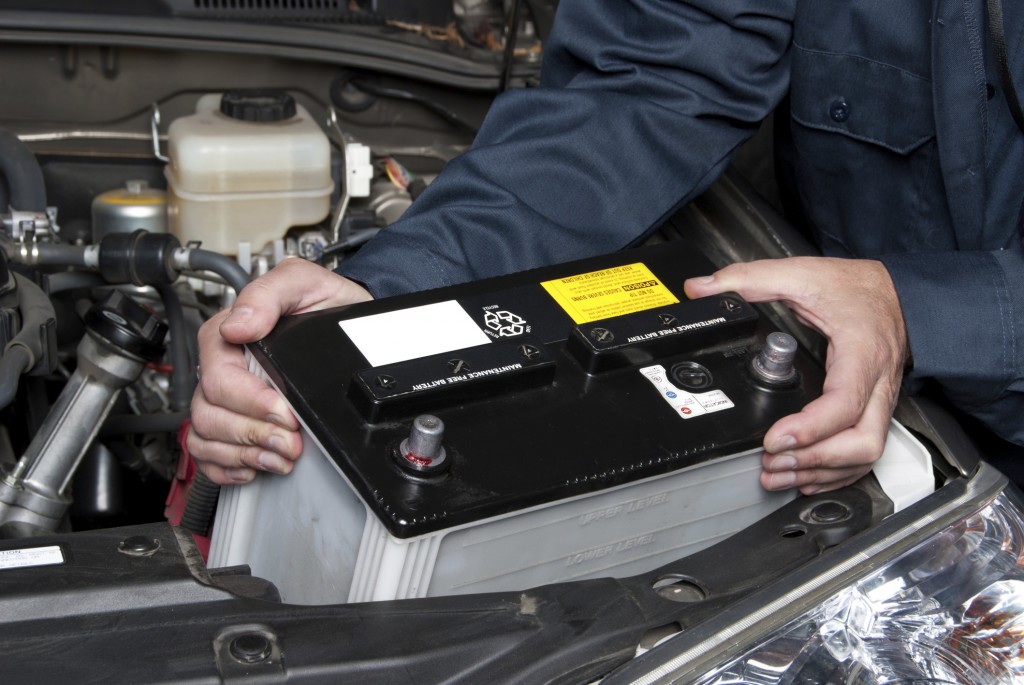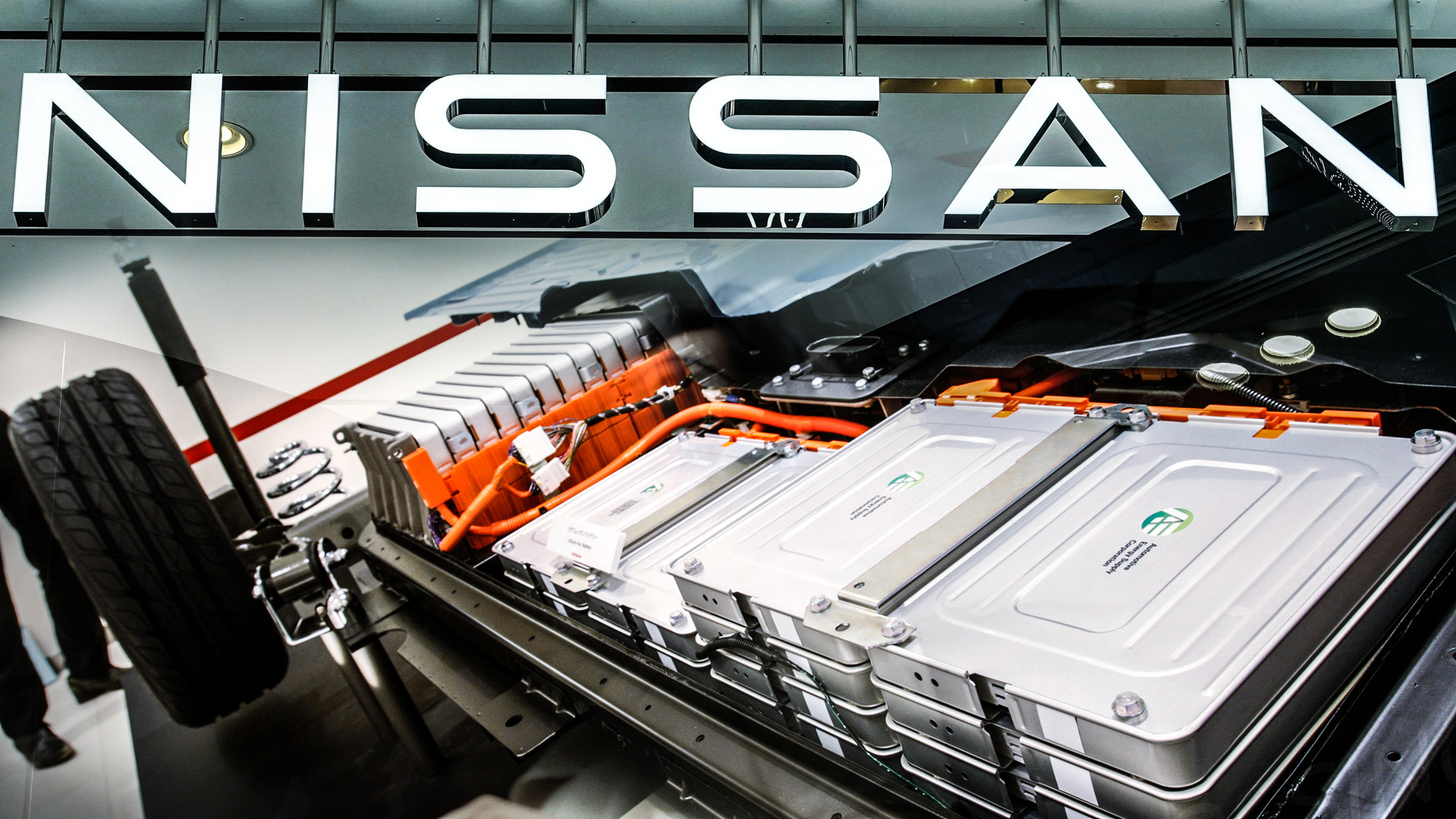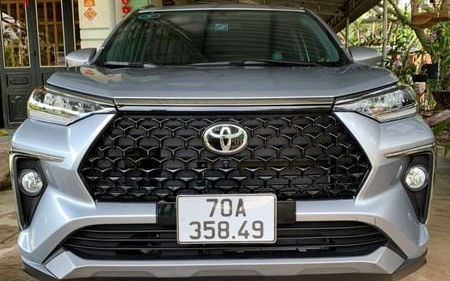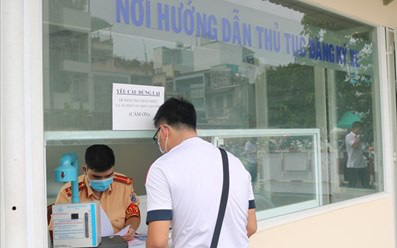Japan has a big plan for battery production, accounting for 20% of the world market
Accordingly, Japan is aiming to capture 20% of the global rechargeable battery market share by 2030. To do this, it is necessary to increase the production capacity of Japanese companies and their companies worldwide. nearly 10 times, up to 600GWh/year, Japan’s Ministry of Economy, Trade and Industry has just said.
“We will step up our support to help the Japanese battery industry recover the global market share it has lost over the past few years in the battle with Chinese and Korean rivals,” said Nobutaka Takeo, The director of Japan’s Ministry of Economy, Trade and Industry told reporters.
“Chinese and Korean companies are actively investing in batteries and growing at an alarming rate, and Japan also needs to go a step further and provide solid support,” added Nobutaka Takeo.
It is reported that the global market share of lithium-ion batteries used in Japanese electric vehicles (EVs) will decrease to 21% in 2020 from 40% in 2015, and the market share of batteries used in electrical systems energy storage will drop to 5% in 2020 from 27% in 2016. However, the Japanese Ministry of Economy, Trade and Industry did not give detailed figures on the current overall market share of Japan. Rechargeable battery version.

As part of its 2030 strategy, Japan aims to raise the domestic production capacity of batteries used in electric vehicles, and energy storage systems, to 150 GWh/year by 2030, from a level about 20 GWh/per year now. Photo: @AFP.
For the 2030 target presented by Japan’s Ministry of Economy, Trade and Industry at an expert panel to discuss Japan’s battery strategy, the country aims to raise domestic production capacity. of batteries used in electric vehicles, and energy storage systems to 150 GWh/year by 2030 from about 20 GWh/year today.
Even Japan is aiming to capture 20% of the global rechargeable battery market share by 2030, by increasing the global output capacity of overseas Japanese companies by nearly 10 times to 600 gigawatt hours ( GWh)/ per year, and will work towards the global commercialization of solid-state batteries by 2030. It is estimated that 600GWh/year is equivalent to the production capacity required for 8 million electric vehicles. According to the plan of the Ministry of Economy, Trade and Industry of Japan, Japanese battery manufacturers need to increase production capacity by nearly 10 times within the next eight years.
Batteries are inherently critical for Japan to achieve carbon neutrality by 2050, as it is the most important technology in the electrification of cars and other mobile devices.
In addition, rechargeable batteries are essential to regulate electricity supply and demand, and help the country increase its use of renewable energy, said Japan’s Ministry of Economy, Trade and Industry. The ministry also plans to establish a final action strategy for the sector by mid-year, including specific measures with government support.

Japan’s Nissan plans to ‘game change’ electric car batteries. Photo: @AFP.
Japanese battery company builds factory in Kentucky
The governor of Kentucky, USA, said that a Japanese battery technology company called Envision AESC will build a $2 billion factory in Kentucky, creating 2,000 jobs. Beshear said on April 12 that Envision AESC’s plant in Bowling Green will manufacture batteries and modules to power the next generation of electric vehicles. The massive 30 GWh/year plant will create an estimated 2,000 new jobs and supply batteries to Mercedes-Benz’s new Alabama EV electric vehicle plant, as well as other manufacturers planned by the company. . Envision AESC’s plant in Bowling Green also hopes to produce enough batteries to supply 300,000 vehicles a year by 2027.
Japan’s Nissan plans to ‘game change’ electric car batteries
On April 8, Japanese automaker Nissan said that it is working with NASA on a new battery for electric vehicles that promises faster, lighter, yet safe charging. According to Nissan, the solid-state battery will replace the lithium-ion battery currently in use, with a new product introduction in 2028 and a test plant in 2024.
This new solid-state battery is completely stable enough, it will be half the size of current batteries and fully charge in 15 minutes, instead of hours. Corporation vice president Kazuhiro Doi told reporters that the cooperation with the US space program, as well as the University of California San Diego involves testing different materials. “Both NASA and Nissan need the same battery,” he said.
Mr. Doi also said that Nissan and NASA are using what is known as “original materials informatics platform”, a computer database, to test different combinations to see which works best. among hundreds of thousands of solid-state battery materials. The aim is to avoid using expensive materials such as rare metals.
Currently, other automakers, including competitors Toyota Motor Corp of Japan, as well as Volkswagen of Germany and American carmakers Ford Motor Co. and General Motors Co are also working on fully solid-state batteries. Recently, General Motors and Japanese automaker Honda Motor Co said they are also working together on next-generation electric vehicles. However, Nissan executive vice president Kunio Nakaguro said that Nissan is very competitive, and the battery it is developing promises to be a “game changer”.
at Blogtuan.info – Source: danviet.vn – Read the original article here

